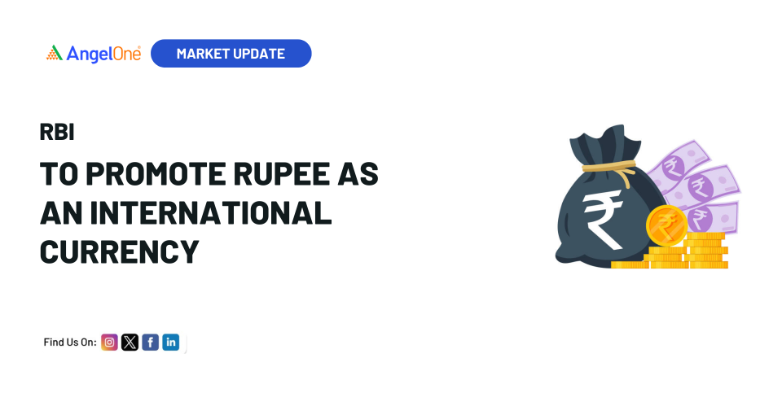
The Reserve Bank of India (RBI) is making significant moves to elevate the Indian rupee’s position in global trade and finance. Through proposals to allow rupee-denominated lending by Indian banks for foreign trade, the RBI aims to establish the rupee as a viable international currency.
The Reserve Bank of India recently submitted a proposal to the Finance Ministry that could mark a landmark shift in international trade finance. The proposal seeks to permit domestic banks and their overseas branches to provide trade-related loans in rupees to borrowers outside India. This move is unprecedented for Indian banks and represents a strategic effort to internationalise the rupee.
Currently, Indian banks operating abroad are restricted to issuing loans only in foreign currencies. These loans primarily serve Indian companies functioning overseas. By enabling rupee-based loans, the RBI intends to simplify trade settlements and foster an international ecosystem centred around the rupee.
Read More: RBI to Inject ₹36,000 Crore via Government Bonds on May 30!
The initial focus of this initiative is India’s neighbouring countries, particularly Bangladesh, Bhutan, Nepal, and Sri Lanka. These nations are crucial trading partners, collectively accounting for almost 90% of India’s regional exports in the Financial Year 2024-25, amounting to nearly $25 billion in trade value.
By encouraging rupee-denominated loans in this region, the RBI hopes to streamline transactions, enhance bilateral trade, and gradually pave the way for extending rupee-based trade globally.
Under the RBI’s current framework, trade-related foreign loans must be in foreign currencies, which can complicate settlements and expose participants to exchange rate fluctuations. The proposed rupee loans would be specifically limited to trade finance, reducing the system’s dependence on traditional rupee liquidity methods.
This includes reworking existing currency swap lines and government-backed credit channels to allow commercial banks to provide rupee funding on market terms. Such changes could improve liquidity management and reduce transaction costs for exporters and importers using the rupee.
This proposal is part of a broader strategy by the RBI to make the rupee more attractive globally. Other measures already taken include permitting rupee accounts for non-residents and easing investment limits on foreign banks holding vostro accounts in India.
Collectively, these efforts aim to expand the rupee’s acceptance beyond India’s borders and reduce reliance on dominant global currencies, particularly the US dollar.
The RBI’s initiative coincides with a growing global trend to reduce dependence on the US dollar in international trade and finance. Recent geopolitical tensions and unpredictable trade policies from Washington have accelerated interest in alternative currencies.
By promoting the rupee as an international currency, India is not only pursuing economic benefits but also signalling its intention to assert a stronger presence in global trade and finance. This move is viewed as part of a wider de-dollarisation trend gaining momentum worldwide.
The Reserve Bank of India’s efforts to promote rupee-denominated loans for foreign trade reflect a significant shift in India’s global financial strategy. By targeting key regional partners and reforming trade finance frameworks, the RBI seeks to expand the international use of the rupee, challenging long-standing norms dominated by the US dollar. While still in the early stages, these initiatives indicate India’s growing confidence as a major player on the world economic stage.
Disclaimer: This blog has been written exclusively for educational purposes. The securities mentioned are only examples and not recommendations. This does not constitute a personal recommendation/investment advice. It does not aim to influence any individual or entity to make investment decisions. Recipients should conduct their own research and assessments to form an independent opinion about investment decisions.
Investments in the securities market are subject to market risks, read all the related documents carefully before investing.
May 28, 2025 01:01 PM
Published on: May 28, 2025, 1:03 PM IST

Team Angel One
We're Live on WhatsApp! Join our channel for market insights & updates
